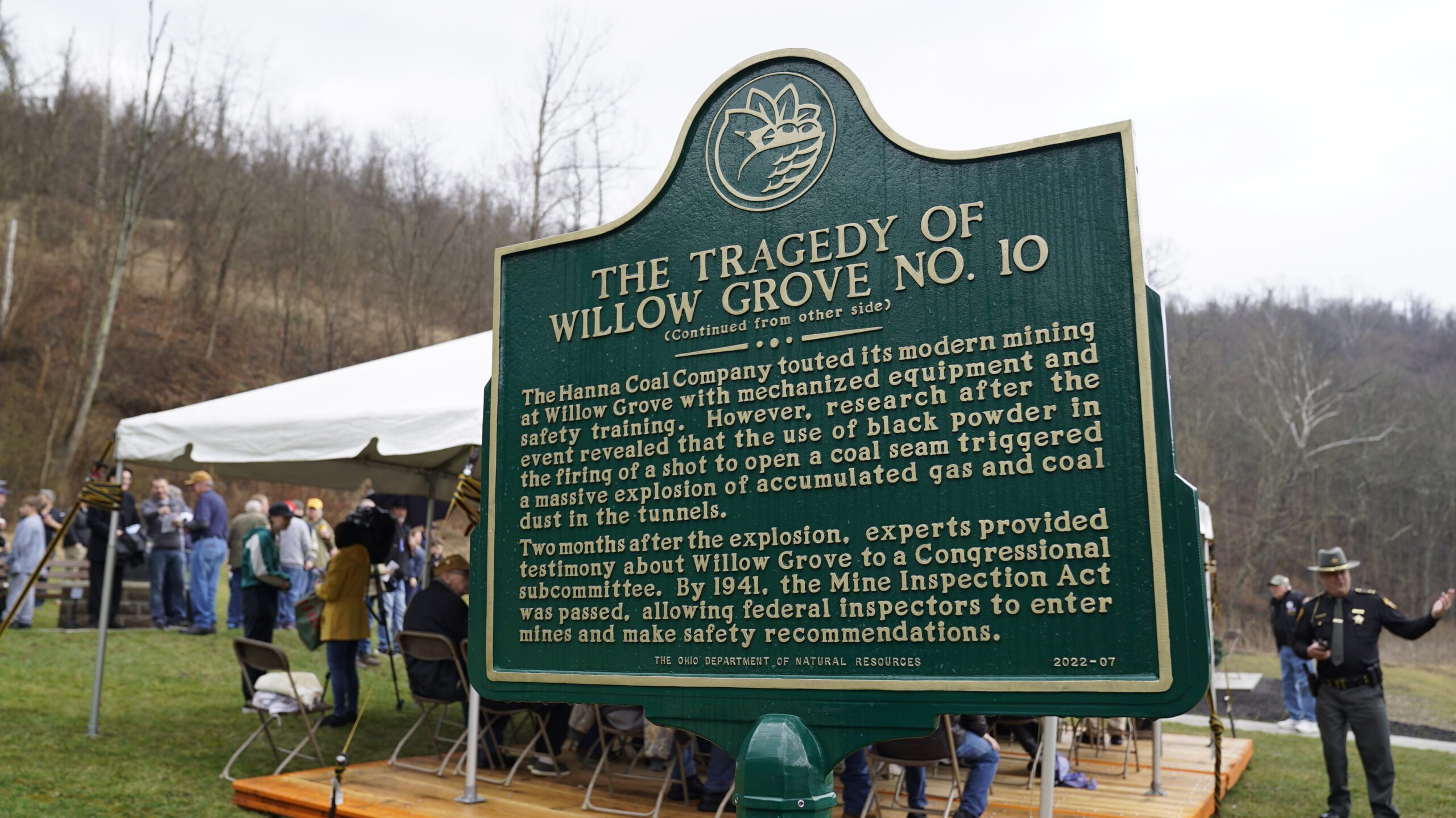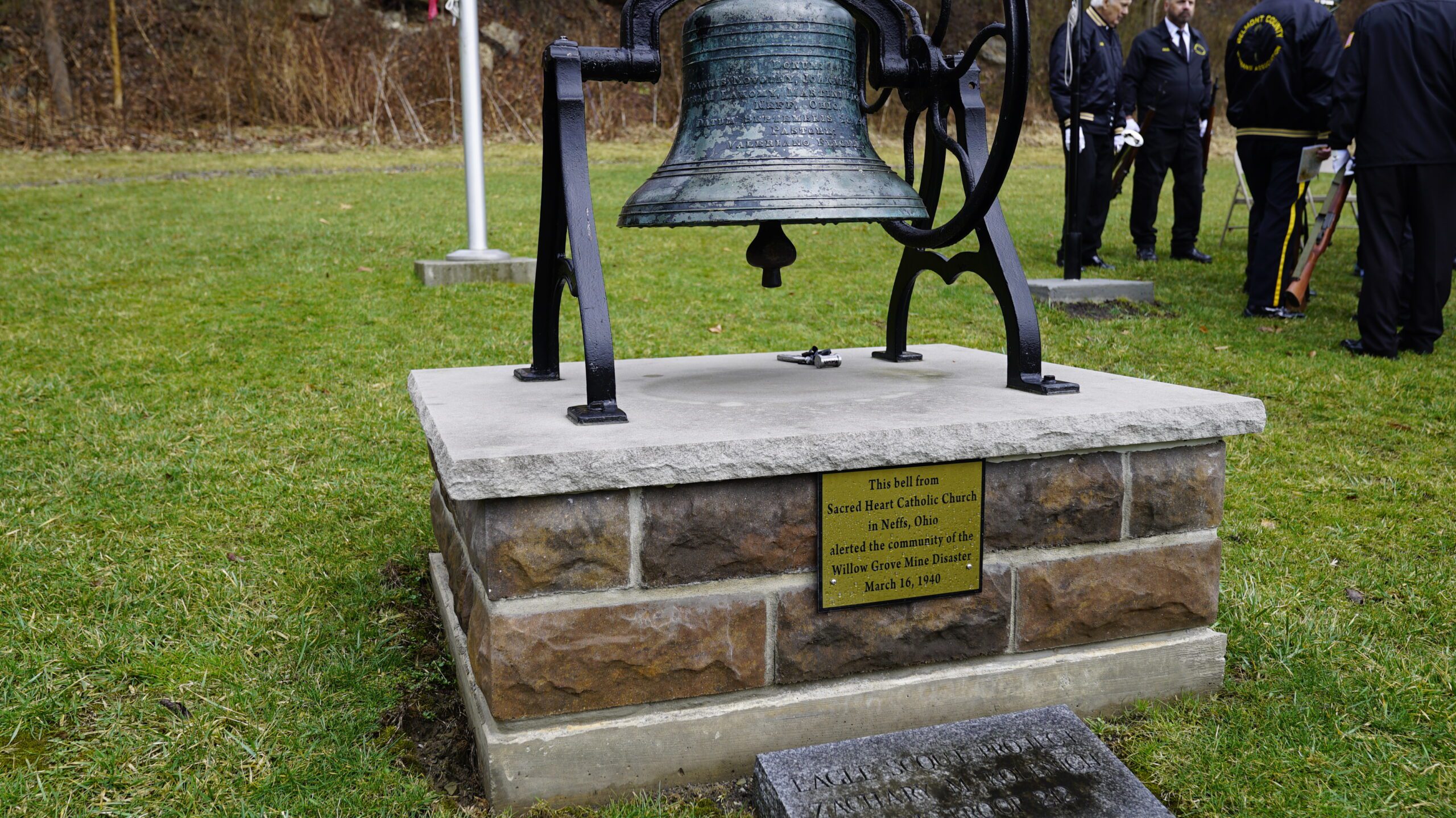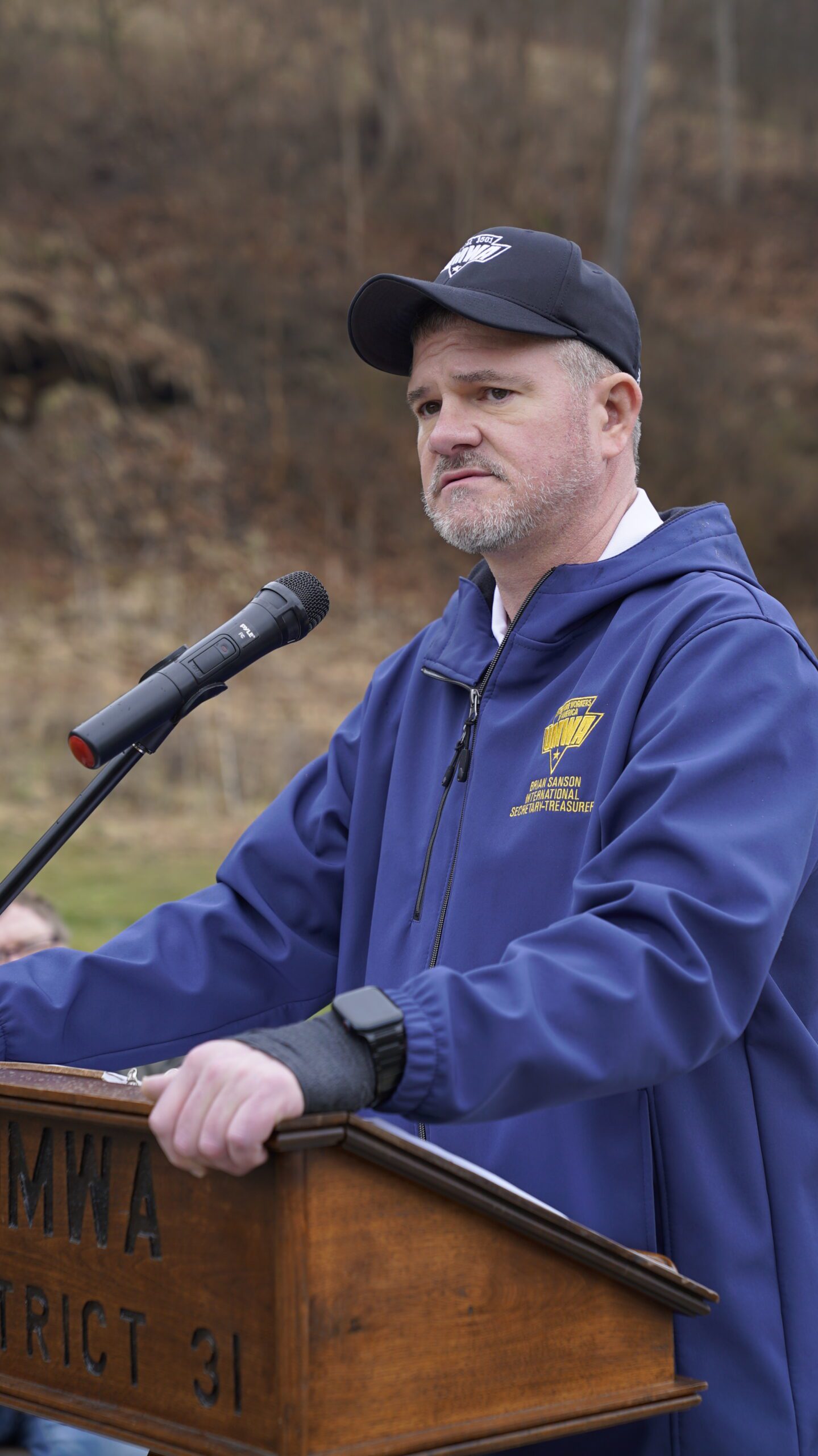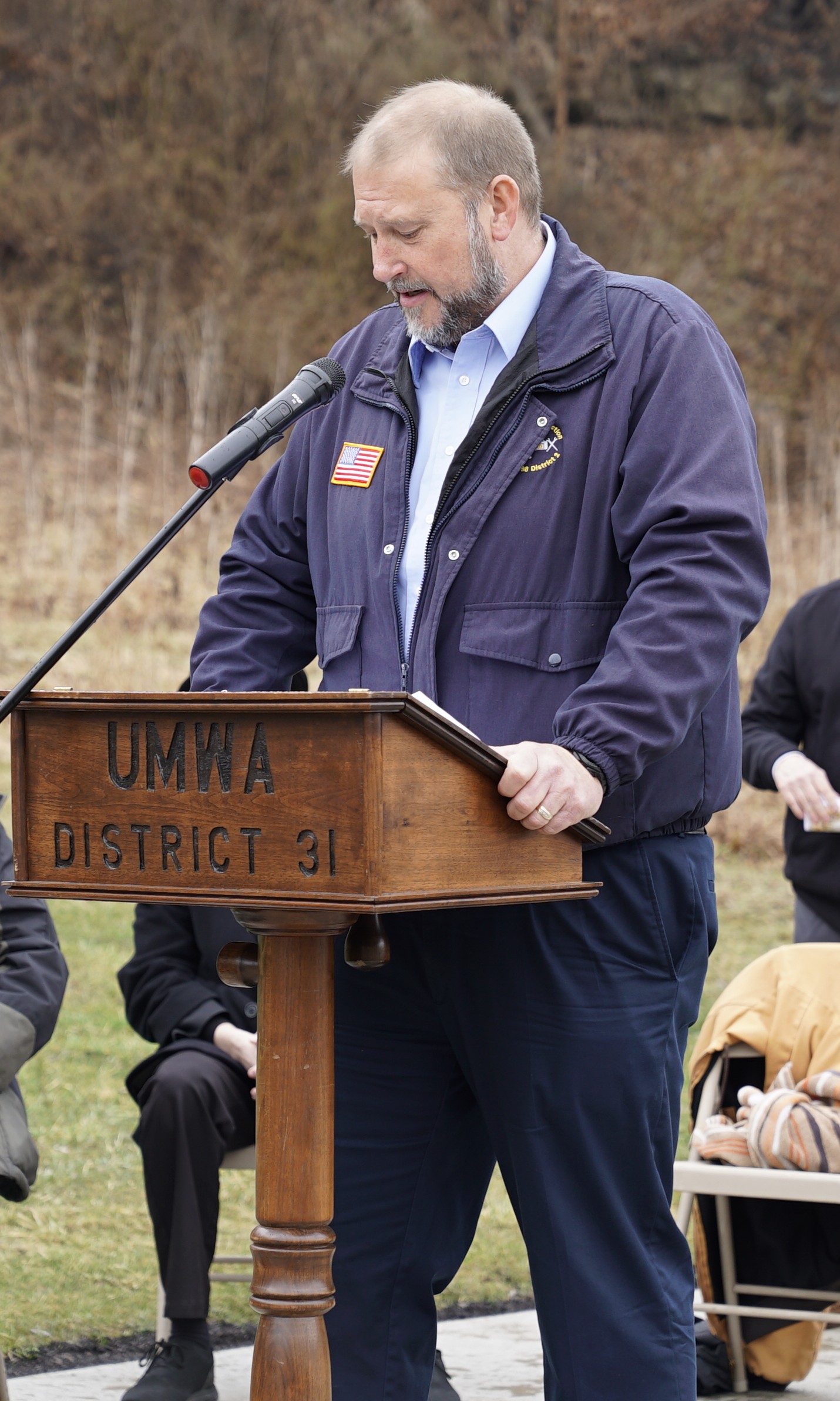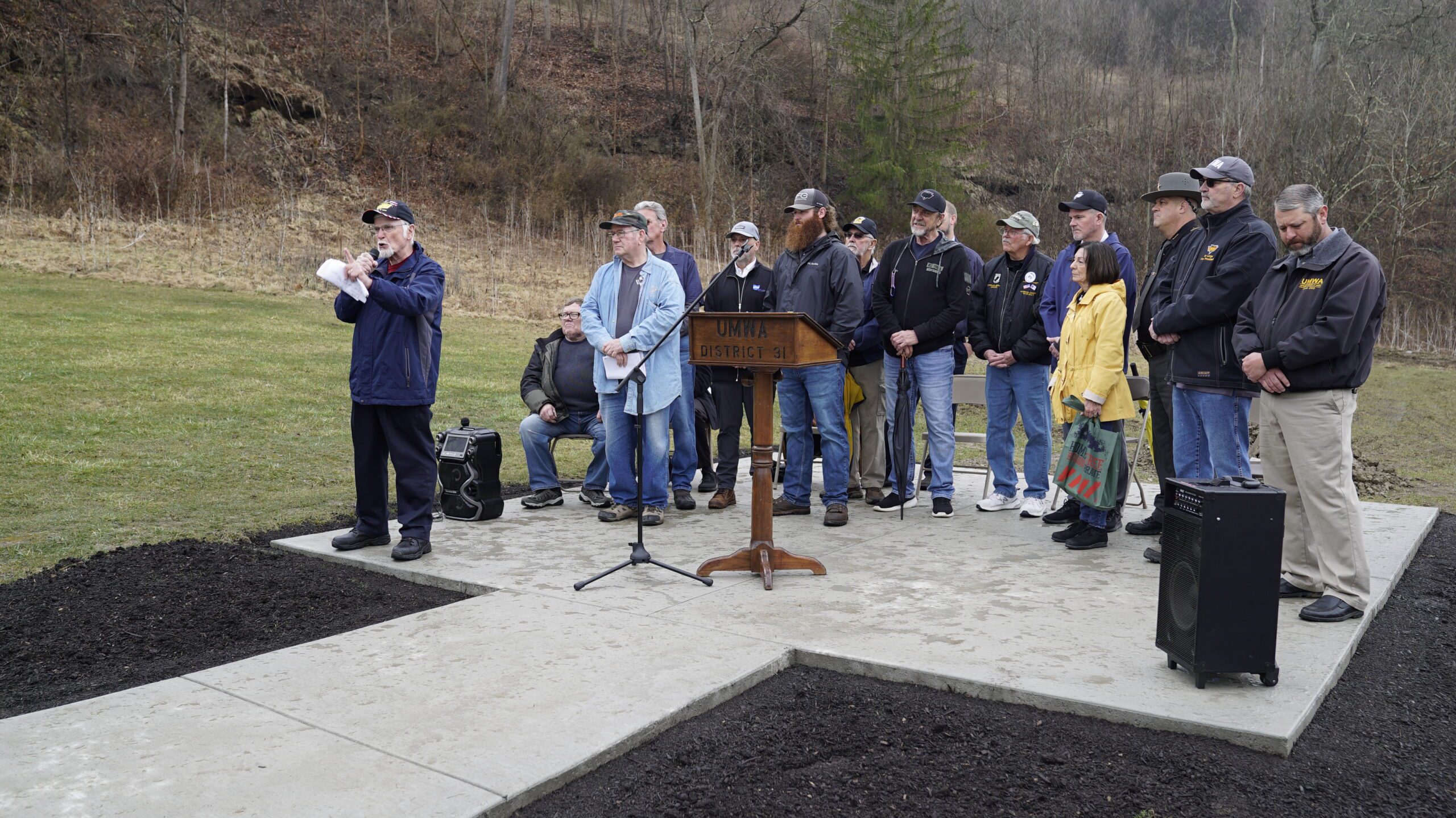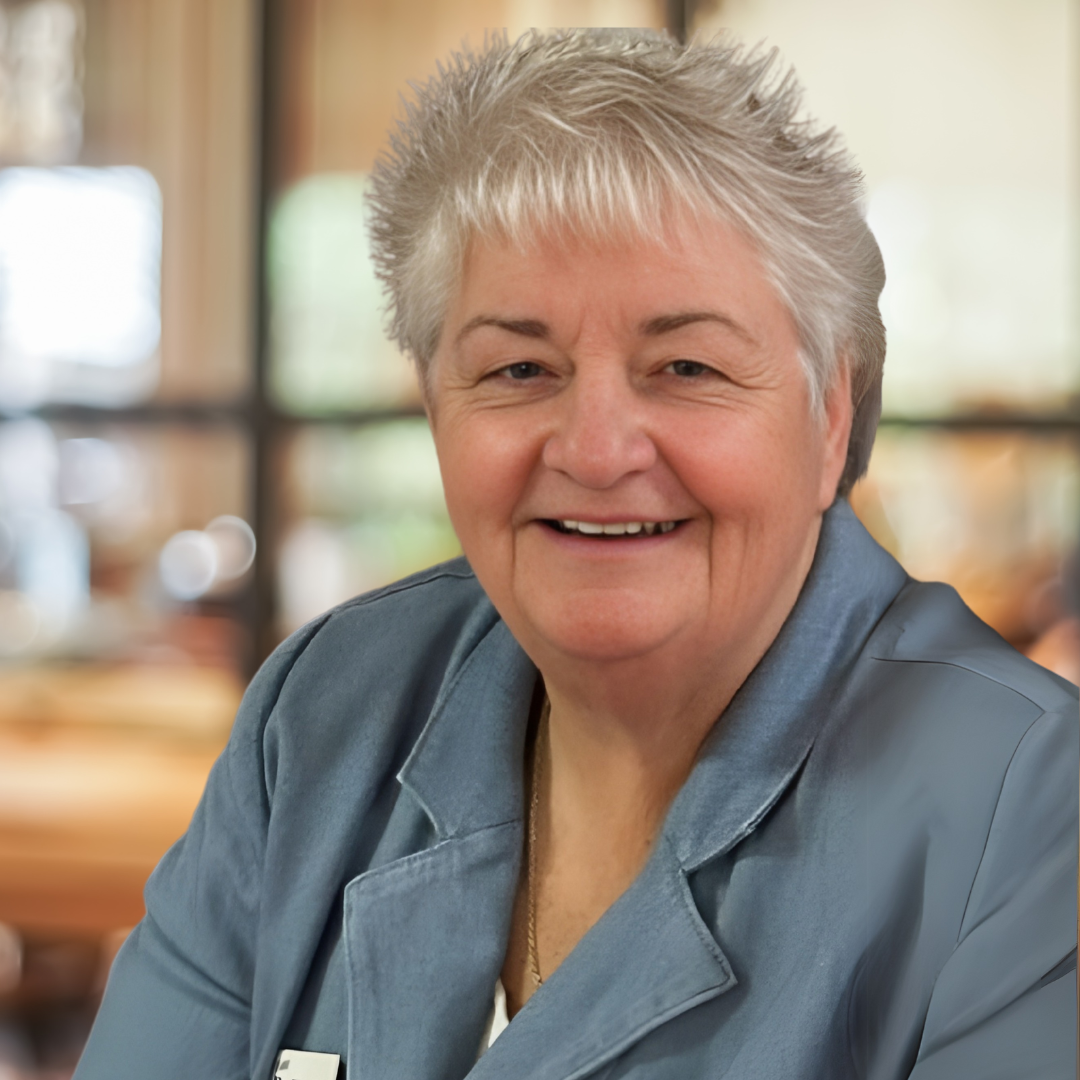At the Salem Stone Quarry in Dublin, Virginia, miners crush rocks with a machine. The air is thick with dust.
“You can try as hard as you want to, there’s gonna be some dust somewhere,” said Scott Ross, director of engineering at Salem Stone. “But we’re trying to minimize that as much as we can.”
Another machine pulverizes the stones into finer material for asphalt.Quarries like this exist all over the United States, and like coal mines, they’re regulated as a mining operation. There are scores of companies like Salem Stone which, alone, operates 14 quarries in Virginia and North Carolina.
“They all have silica,” said M.J. O’Brien, CEO of Salem Stone. “We have some [quarries] that have almost 100% silica and some that are a little less.”
The federal Mine Safety and Health Administration (MSHA) announced a new rule last year. It says mines, concrete factories and gravel quarries will face stricter regulations limiting the toxic silica dust workers can be exposed to, and potentially inhale. Any exposure to silica dust poses a risk to develop into black lung disease — an incurable scourge that’s been on the rise in Central Appalachia.
For coal mines, where they’ve been monitoring the dust levels for years, the penalties could start in April. Other places, like the Salem Stone Quarry in Dublin have an extra year to reach compliance.
“We are full steam ahead with implementing it,” said Chris Williamson, MSHA Assistant Secretary. “I only have control of that up until January 20 and I have no reason to think that that won’t continue, but I hope it does.”
Williamson was appointed by President Joe Biden and was not asked to stay on by incoming President Donald Trump’s team.
Defending the silica dust rule
Last year, house Republicans tried to block funding to enforce the new silica rule, and they could try again in the next budget negotiation.
Meanwhile, there’s an ongoing legal battle after a group of mining companies took the rule to court, saying the agency overstepped its authority when trying to regulate them. Williamson said he’ll be working right up until the last day defending the safety measure.
“My goal is to at least provide a full throated defense of that rule… before I walk out the door,” Williamson said.
Rebecca Shelton, director of policy for the Appalachian Citizens Law Center, said staffing and political will in a Republican-led Congress are going to be important to making the new silica dust rule effective.
“The boots on the ground to do the enforcement, and also the desire to do the enforcement are going to be really important,” Shelton said.
Shelton doesn’t think the silica rule is perfect. Throughout the rule-making process, the ACLC criticized it for relying on companies to accurately self-report toxic dust levels.
But she says any delay to implementation and effective enforcement means more miners will be put at risk.
“We’ve been waiting for this for such a long time…” Shelton said. “I think the bottom line is that we just, you know, we’re trying to prevent disease.”
Back at the Virginia stone quarry, O’Brien says enforcing the new rule will cost his company lots of money, and there are things he doesn’t like about it. For instance, he says the agency could be better at communicating with companies how they plan to enforce the new rule. But that doesn’t mean he wants to see the Trump administration get rid of it.
“It’s complicated, but yes we’re in favor of it, because it goes further to protect our people and we’re gonna protect them at all costs,” O’Brien said.
He’s hoping that whoever Trump picks to lead MSHA will have what he says is “more common sense” overseeing the agency.
